 Simran Gill
Simran Gill
Supervisor: Dr. Christine Voss
Program of study: PhD in Women+ and Children’s Health Sciences
What’s your research focus?
My research focuses on the physical activity behaviors of children living with type 1 diabetes in the Interior of BC. I have measured their activity levels using wearable devices and conducted interviews with children and families to understand the barriers that make it difficult to stay active, as well as the supports that help. With insights from these conversations and collaboration with individuals who have lived experience of T1D, I am developing a tailored intervention to help children integrate physical activity into their daily routines, which I will soon be putting into action.
Why did you come to UBC Okanagan to pursue your studies?
I moved to UBC Okanagan to work with Dr. Christine Voss because her research on physical activity behaviors in children resonated with my passion for promoting health in young people. Her expertise in wearable technology and commitment to understanding how these behaviors influence health outcomes align closely with my values.
What do you love about living in the Okanagan?
The Okanagan is so beautiful, and I feel very fortunate to live here. It’s a place where the natural beauty speaks for itself—between the lakes, mountains, and endless trails. There is always something to explore whether it’s going to a winery, spending time by the water or hiking. Most importantly, it’s the people who make it feel like home.
Where’s your favourite place in the world to visit? And why?
My favorite place in the world is Harrison Hot Springs. Growing up, my family would go there every year, and it brings back so many happy memories of time spent with loved ones. There’s something special about the peaceful atmosphere and the way it always felt like a little escape.
What’s your most frequently used emoji?
Heart emoji

 Brain Canada
Brain Canada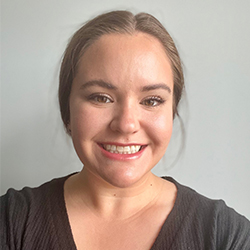 Nicole Ketter
Nicole Ketter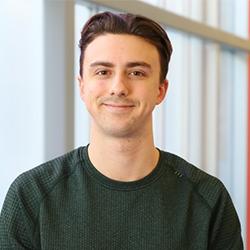 Ty Sideroff
Ty Sideroff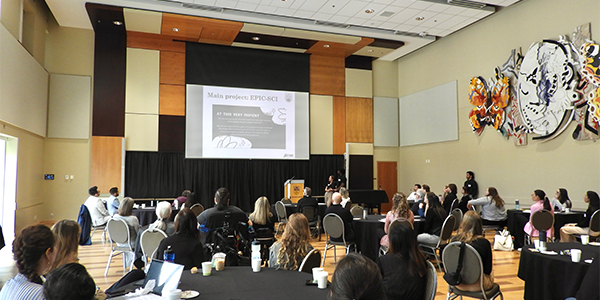

 Dr. Christopher West has been appointed the new Assistant Dean, Research (ADR) for the Southern Medical Program (SMP) for a one-year term. Dr. West is an Investigator with the
Dr. Christopher West has been appointed the new Assistant Dean, Research (ADR) for the Southern Medical Program (SMP) for a one-year term. Dr. West is an Investigator with the 
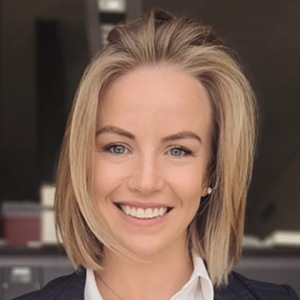
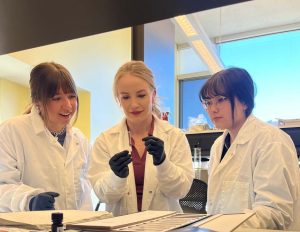 What does this recognition mean to you personally and professionally?
What does this recognition mean to you personally and professionally?